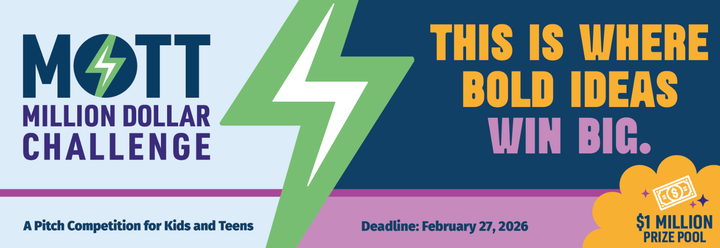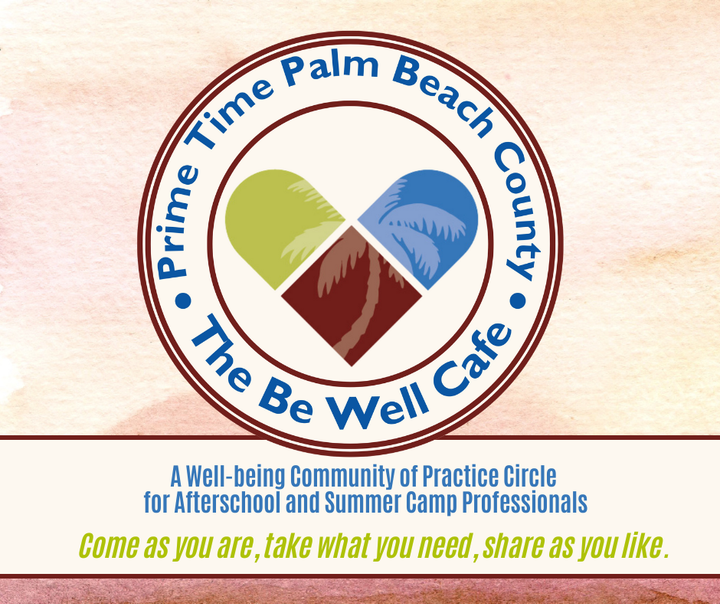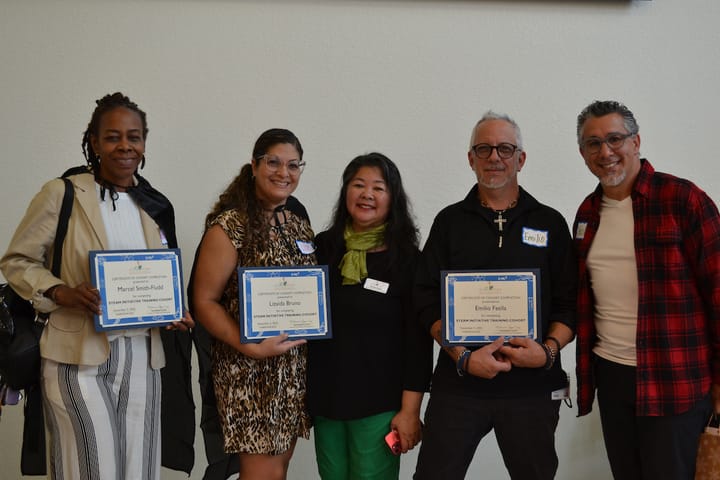Demand for Afterschool Programs in Florida Is Enormous, But Most Families Are Being Shut Out, New Household Survey Finds
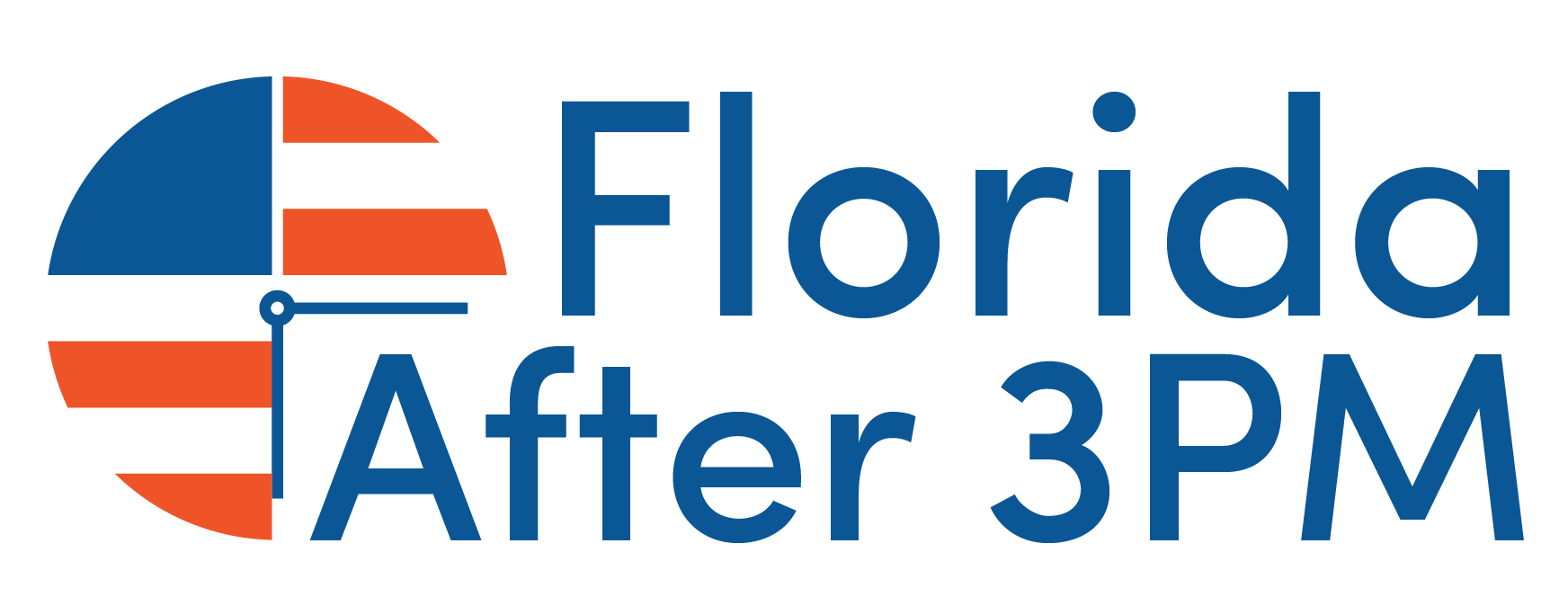
Florida Parents Give Programs Their Children Attend High Marks, But Cost & Accessibility Are Pushing Programs Out-of-Reach for Families in the State
Washington, D.C. – Three in four Florida parents who want afterschool programs for their children are unable to enroll them, in many cases because programs are too expensive, unavailable, or inaccessible, according to a household survey commissioned by the Afterschool Alliance and released in October 2025. America After 3PM finds that 93% of Florida parents with a child in an afterschool program rate it as excellent or very good, and there is overwhelming support among Florida parents for public funding for these programs.
Overall in Florida, the parents of 2,000,955 children want afterschool programs but just 527,771 children are enrolled, the new study finds. More than 9 in 10 Florida parents favor public funding for afterschool opportunities. Large majorities of parents in the state say these programs keep kids safe, build their social skills and responsible decision making, and help parents keep their jobs and boost their productivity at work.
Conducted by Edge Research, the fifth edition of America After 3PM is based on a survey of 30,515 U.S. parents of school-age children who live in their households, including in-depth interviews with 1,784 in Florida. The study examines 20 years of data and is the first afterschool household survey conducted post-pandemic. It finds that nationally, the parents of 29.6 million children want afterschool programs but just 7 million children are enrolled, meaning three in four (77%) students whose parents want afterschool programs for them are being left behind. Children in low- and middle-income families are more likely to be without the afterschool programs their parents want (84% and 73%, respectively) than children in high-income families (59%).
“Parents recognize that programs in Florida are doing outstanding work,” said Afterschool Alliance Executive Director Jodi Grant. “In Florida and across the country, afterschool programs are giving students a safe place to go after the school day ends, boosting their academic achievement, helping address the youth mental health and chronic absenteeism crises, providing alternatives to screen time, giving working parents peace of mind, and much more. Every child deserves access to a quality afterschool program but sadly, this study shows we’re far from reaching that goal. We need greater support from federal, state, and local governments, businesses, and philanthropy to change that.”
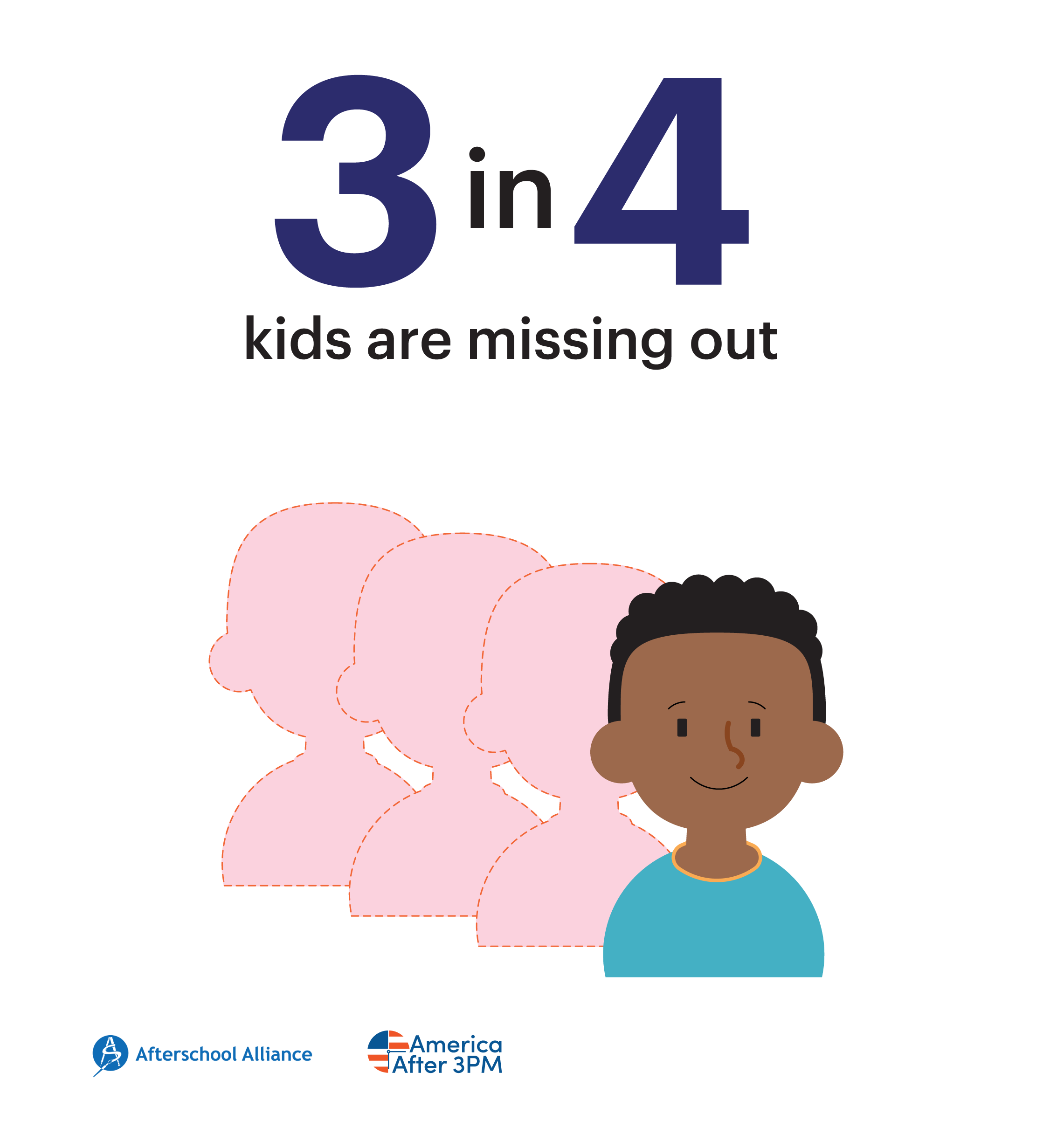
“This study is an urgent call to action to Florida and federal leaders to increase funding and capacity, so all families will be able to access afterschool programs,” said Lili Murphy, Executive Director of Florida After School. “We are very proud that Florida is a Top Ten state for participation, despite how far we have to go. When 1,473,184 Florida children whose parents want them to be in afterschool programs are not, it’s clear we have more work to do. Next Thursday, on October 23, we will be joining programs across Florida to participate in Lights On Afterschool, the national rally for afterschool programs. We won’t stop working to remove the barriers until afterschool programs are available to all students in our state.”
Overall, demand for afterschool programs is highest in the District of Columbia, followed by New York, Massachusetts, California, and Florida. Across the nation, the highest percentages of unmet demand for afterschool programs are in the District of Columbia (68%), Massachusetts (64%), New York (63%), Maine (58%), and Alaska (57%). Afterschool program participation is highest in the District of Columbia (38%), Hawaii (23%), California (19%), New York (19%), and Connecticut (18%).
In most respects, Florida results mirror national America After 3PM findings, which include:
Access is uneven by age.
- More than half the elementary schoolers not in an afterschool program (58%) would be if a program were available, as would 49% of middle school students, their parents say.
Cost is the greatest challenge for families whose child is not in an afterschool program.
- 56% cite cost as an important factor preventing them from enrolling their child.
- These parents cite accessibility as another primary barrier, with 49% saying their child does not have a safe way to get to and come home from afterschool programs and 48% saying program locations are inconvenient.
- Four in ten of these parents (42%) report a lack of programs in their communities.
Satisfaction among parents with students in afterschool programs is high.
- Nearly all parents are satisfied with their child’s afterschool program (95%) and rate the quality of the program as excellent, very good, or good (97%).
- Most parents are happy with the opportunities for reading or writing and time to experience the outdoors (both 77%), healthy snacks and meals (75%), and homework help (72%) their child’s program provides; and are satisfied the program helps their child develop social skills (90%); work on communication, teamwork, critical thinking, and leadership (82%); learn responsible decision-making (82%); and build confidence (86%).
Parents recognize the benefits for children: safety, skills, school engagement, and well-being.
- The percentage of parents who agree that afterschool programs keep kids safe and out of trouble grew from 66% in 2014 to 78% now.
- More than 8 in 10 parents agree that afterschool programs provide opportunities to learn life skills, like interacting with peers and responsible decision making (85%).
- Three-quarters of parents (75%) agree afterschool programs help children become more excited about learning and improve their attendance.
Parents say afterschool programs support working families.
- 85% say programs provide working parents with peace of mind knowing that their children are safe and supervised, and 84% agree these programs allow them to keep their jobs or work more hours.
- 88% of parents with a child in an afterschool program say that it boosts their productivity and 92% say they are less stressed knowing their child is safe.
Parents want more public funding for afterschool programs.
- 89% of parents favor public funding for programs that provide afterschool opportunities to students in communities that have few opportunities for children and youth. This is a steady increase from 83% in 2009, 84% in 2014, and 87% in 2020.
- Support is the highest among Black families (92%), families in urban communities (92%), households where both parents work (91%), and working moms (90%).
The national and Florida America After 3PM 2025 findings and accompanying data are available at aa3pm.co. This fifth edition of America After 3PM is based on a survey conducted in English and Spanish using a mixed-mode methodology to reach as many households as possible. Data was collected between January 31 and April 21, 2025. The margin of error for the child- and household-level data is +/- < 1 percent. Previous America After 3PM surveys were conducted in 2004, 2009, 2014, and 2020.America After 3PM 2025 is made possible through the Afterschool Alliance’s partnership with the New York Life Foundation.
# # # #
Prime Time provides resources and supports for afterschool and summer programs and professionals to develop programs that inspire children to be their best and allow them to thrive socially and academically. Prime Time’s integrated model of services is one of the strongest, most comprehensive and well-respected systems in the nation for measuring and improving quality in afterschool programs. For more information, visit www.primetimepbc.org/quality.
The Afterschool Alliance is a nonprofit public awareness and advocacy organization working to ensure that all children and youth have access to quality afterschool programs. More information is available at www.afterschoolalliance.org

